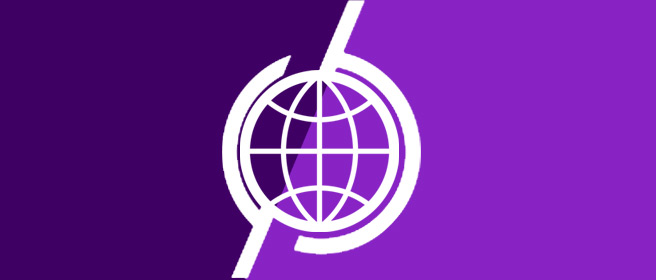
Most people living in India and who have access to Facebook, newspapers or even television commercials have heard of the term ‘Free Basics’ and many might still not really know what it truly means. Formerly known as ‘internet.org’, Free Basics is a campaign launched by Facebook’s founder, Mark Zuckerberg. It aims to “provide free access to basic internet services to billions of people all over the world.” Simply put, Free Basics is an online platform mainly for developing countries which allows its users access to some basic Internet needs at no cost. It is targeted towards people who might find the typical data plans to be expensive or unavailable and are unaware of the magnitude of information available on the entire internet or the concept of net neutrality.
Zuckerberg in his campaign letter stated that Free Basics is one of the first stepping-stones towards connecting hundreds of millions of Indians to each other as well as to various opportunities and learning experiences available online. He also sees this as an important step in achieving digital equality in India and believes that the Internet should not be a luxury available to some, but a basic right that should be held by everyone. He seeks to do this by footing the bill for providing free access to a list of ‘facebook approved’ services to hundreds of millions of Indians who own basic phones or entry level smartphones.
To really understand what Free Basics is all about let us look at what if offers – Free Basics is not an open platform, meaning that Facebook defines its technical guidelines and gets to decide which services remain on it and which are rejected. The current offerings seem to be pro-consumer even though Facebook has full discretion as to who stays on and who does not. At present, the Free Basics platform includes Facebook, Wikipedia, dictionary services, language translators and some region specific apps such as Aaj Tak and other health and educational services. It is fairly evident that the concept of Free Basics is not all that ‘basic’ as the name seems to imply and rather it acts as a gateway to a few limited websites that are willing to partner with Facebook’s proprietary platform.
Consider the entire Internet to be a large collection of spice jars. Normally people who pay for Internet plans have access to all these spices. But what Free Basics proposes is that only a certain number of spices will be offered and at no cost and with no limit. So one will essentially have access to an unlimited supply of just a few select spices, decided by Facebook’s discretion to be essential or basic. This may not really come across as such a big problem to many but over time people may forget about the other spices or websites that are available, or not even be aware of their existence. People will start to consider Facebook to be the Internet and they would essentially be monopolizing the Internet for billions of people. Critics argue that Free Basics would be in violation of ‘net neutrality’. Net neutrality is the concept that access to all sites are to be granted equally to keep the flow of knowledge open. If Facebook is allowed to go through with Free Basics, it will have the power to block websites from its users, pushing for a severely crippled and restrictive network existing inside the real Internet.
The term ‘Digital Apartheid’ had been coined by critics to describe Free Basics as it only gives the poor access to Facebook and a few other sites while denying them their right to rest of the Web – denial by miseducation. Facebook has used the garb of ‘connecting India’ to justify Free Basics and though today it might have a genuine interest in helping the poor it is a dangerous precedent to set which will lead to the eventual demise of the Internet as we know it. A better way of ‘connecting Indians’ would be to offer the open and full Internet to everyone for free for a limited period of time everyday (something being tested by multiple companies) rather than just one small corner of it handpicked by Facebook. This would not only embrace the true spirit of net neutrality and digital equality, but would also allow Indians to explore the Web and see it for themselves without being limited.

